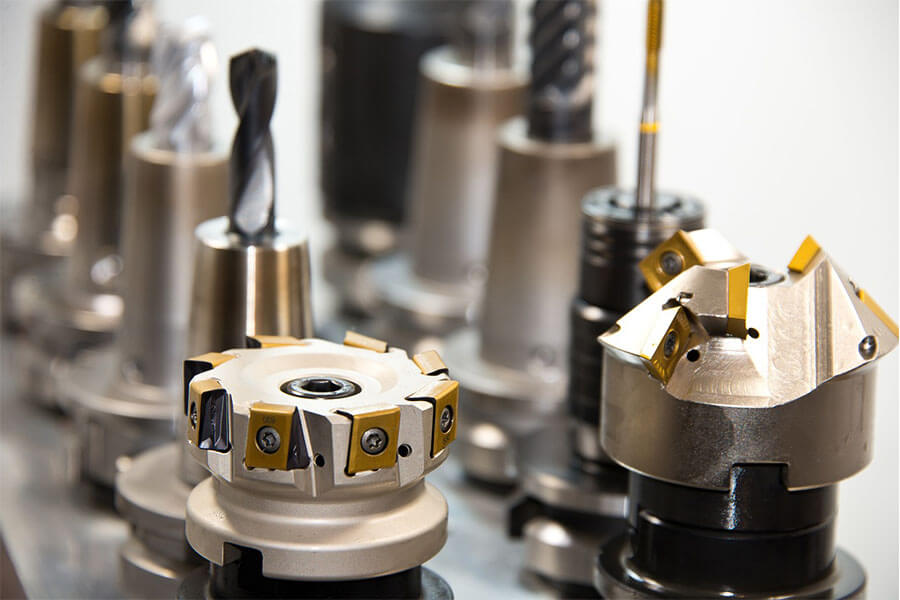Generally, parts processed by CNC have high precision, so CNC processed parts are mainly used in the following industries:
1. Aerospace
Aerospace requires components with high precision and repeatability, including turbine blades in engines, tooling used to make other components, and even combustion chambers used in rocket engines.
2. Automobile and machine manufacturing
The automotive industry requires the manufacture of high-precision molds for casting components (such as engine mounts) or machining high-tolerance components (such as pistons). The gantry-type machine casts clay modules that are used in the design phase of the car.
3. Military industry
The military industry uses high-precision components with strict tolerance requirements, including missile components, gun barrels, etc. All machined components in the military industry benefit from the precision and speed of CNC machines.
4. Medical
Medical implantable devices are often designed to fit the shape of human organs and must be manufactured from advanced alloys. Since no manual machines are capable of producing such shapes, CNC machines become a necessity.
5. Energy
The energy industry spans all areas of engineering, from steam turbines to cutting-edge technologies such as nuclear fusion. Steam turbines require high-precision turbine blades to maintain balance in the turbine. The shape of the R&D plasma suppression cavity in nuclear fusion is very complex, made of advanced materials, and requires the support of CNC machines.
Mechanical processing has developed to this day, and following the improvement of market requirements, various processing techniques have been derived. When you choose a machining process, you can consider many aspects: including the surface shape of the workpiece, dimensional accuracy, position accuracy, surface roughness, etc.
Only by choosing the most appropriate process can we ensure the quality and processing efficiency of the workpiece with minimum investment, and maximize the benefits generated.

